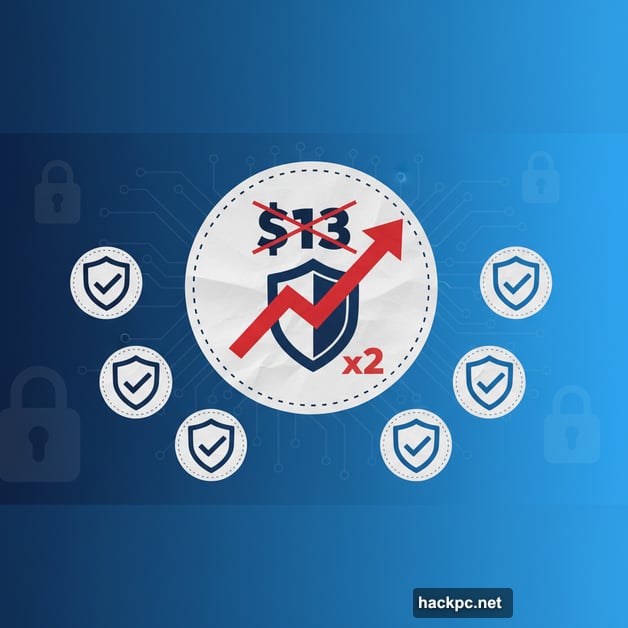
VPN prices keep climbing. Companies that charged $5 monthly now want $13. Worse, those tempting first-year deals jump to $140 annually on renewal.
So which VPNs actually earn their keep? After testing speeds, privacy features and streaming performance across multiple platforms, five providers stand out. Plus, each excels at something specific.
Here’s what actually works in 2025.
ExpressVPN Stays Fast But Costs Too Much
ExpressVPN remains the smoothest VPN experience available. Its apps work identically across every platform. Connect in two clicks. Switch servers instantly. Everything just works.
The company also takes privacy seriously. They’ve completed 23 independent audits since 2018. That’s more than any competitor. Their TrustedServer technology means servers run entirely in RAM. Nothing gets written to disk. Ever.
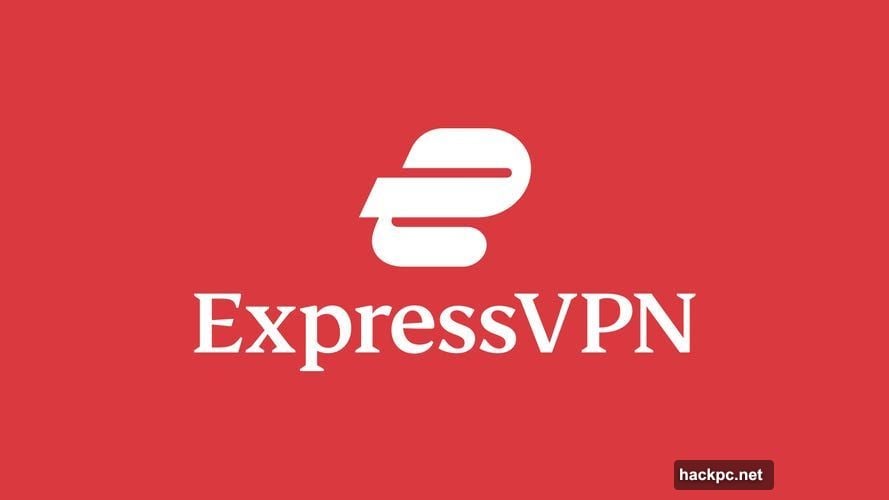
Speed performance improved dramatically this year. New protocols dropped speed loss from 40% down to 18%. That’s genuinely impressive. However, the pricing strategy makes no sense.
Monthly plans cost $13. Fine. But yearly subscriptions hit $75 for the first year, then jump to $100 annually. Two-year plans cost $98 upfront, renewing at that same $100 rate. For just VPN service, that’s steep.
Compare that to Surfshark. Similar features. Unlimited connections. Costs $48 for the first year, renewing at $79. ExpressVPN charges premium prices without premium justification anymore.
NordVPN Flies But Renewal Rates Hurt
NordVPN delivers the fastest speeds tested. Just 3% speed loss on average. That’s basically imperceptible. You could stream 4K video, game competitively or transfer massive files without noticing the VPN running.
Its 7,400 servers span 118 countries. Finding a nearby connection is easy. Plus, specialty servers add useful options. Onion Over VPN routes through Tor for extra anonymity. Double VPN chains two servers together for paranoid privacy needs.
The interface feels busier than ExpressVPN’s minimalist design. But it’s not cluttered or confusing. Everything makes sense after five minutes of exploration. Split tunneling works great on Android. Kill switches function reliably across platforms.
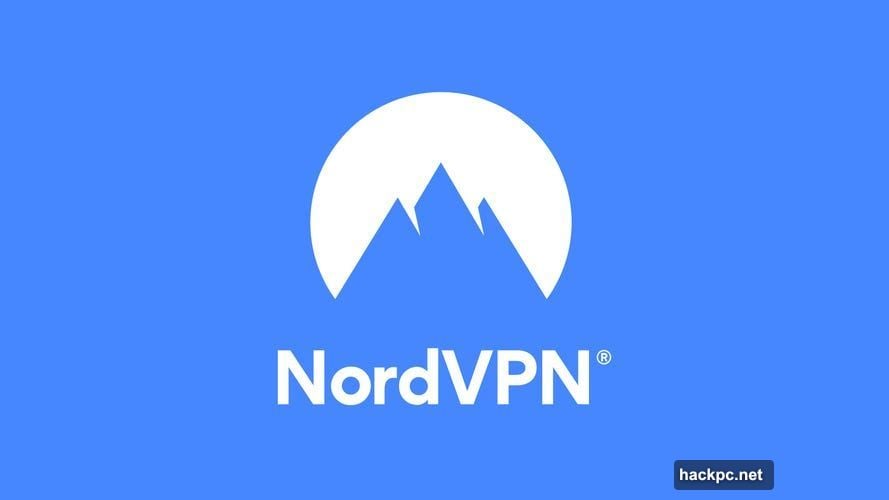
Here’s the problem. Initial pricing looks reasonable at $13 monthly, $60 for the first year or $83 for two years. Then renewal hits. Both yearly plans jump to $140 annually. That’s absurd.
You can game the system though. Stack subscriptions during Black Friday sales. Buy another discounted year and add it to your existing account. Avoid that renewal spike entirely.
Surfshark Packs Features at Fair Prices
Surfshark costs more than it used to. Monthly rates hit $15.45 now. But yearly plans remain competitive. Pay $48 for the first year, renewing at $79. Two years costs $60 upfront, same $79 renewal.
That’s reasonable. Especially considering what you get. Unlimited simultaneous connections. Most VPNs cap you at 10 devices. Surfshark lets you protect everything you own. Plus your family’s devices too.
Dynamic Multihop lets you chain any two servers together. Most VPNs limit you to preset combinations. Surfshark gives you full control. Rotating IP changes your address every few minutes. Makes tracking even harder.
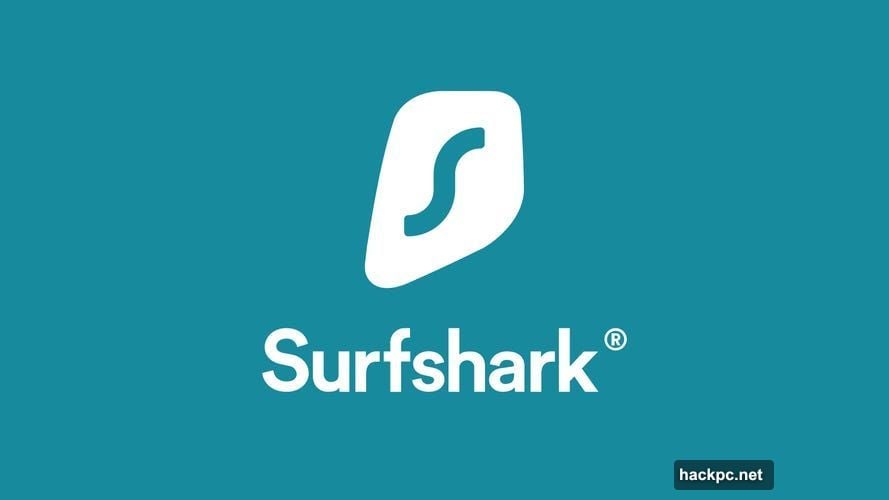
Alternative ID generates fake identities complete with names, addresses and email accounts. Use these instead of your real information online. For $3 more monthly, add a burner phone number. That’s genuinely useful.
Speed tests showed 21% average loss. Perfectly acceptable. FastTrack mode boosted speeds by 20% in testing. Not revolutionary, but helpful for slower connections. Works on select servers in Seattle, Vancouver and Sydney currently.
EverLink automatically repairs broken VPN tunnels. Your connection drops? EverLink fixes it silently in the background. You probably won’t even notice the interruption.
Proton VPN Does Everything Well
Proton VPN might be the most versatile option available. Need serious privacy? It delivers. Want to stream foreign Netflix? Works great. Traveling frequently? Servers everywhere.
The free tier alone outshines every competitor’s zero-dollar offering. No bandwidth limits. No speed restrictions. No data selling. Just actual free VPN service that works. Sure, you can’t pick specific servers. But for basic privacy, Proton’s free plan suffices.
Premium plans cost $10 monthly, $60 annually or $108 for two years. Renewal sits at $80 yearly. That’s fair pricing for what you receive. Discreet app icons let you disguise the VPN as a weather or calculator app. Useful if someone scrutinizes your phone.
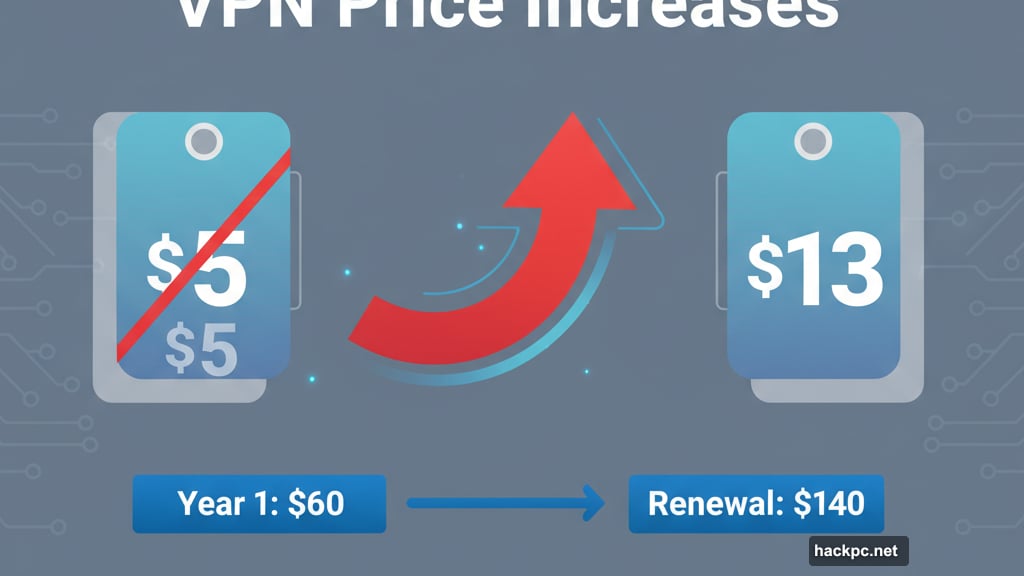
Stealth protocol makes VPN traffic look like normal web browsing. Firewalls can’t easily detect it. Helpful for restrictive networks or certain countries. Secure Core routes through two servers automatically. Tor Over VPN adds another encryption layer.
Speed loss averaged 16% in testing. Faster than ExpressVPN. Nearly as quick as Nord. Plus, Proton unblocked every streaming service attempted. Even tough ones like Netflix Egypt. That’s impressive range.
Mullvad Maximizes Privacy at Minimum Cost
Mullvad takes privacy to extremes. No email required. No personal information collected. Ever. You get assigned a random number. That’s your account. Pay with cash if you want. Seriously.
All apps are open-source. Anyone can inspect the code for problems. Everything gets audited regularly. The company pioneered post-quantum encryption protections. DAITA feature uses AI to prevent traffic analysis attacks.
Speeds held strong at 24% loss. Not quite NordVPN fast, but definitely usable. The 724 servers across 49 countries provide solid coverage. Though less extensive than competitors with thousands of servers.
Streaming capability disappoints. Disney Plus and Prime Video blocked access entirely. Netflix and Max worked fine. But if streaming variety matters, choose something else. Mullvad prioritizes privacy over convenience.
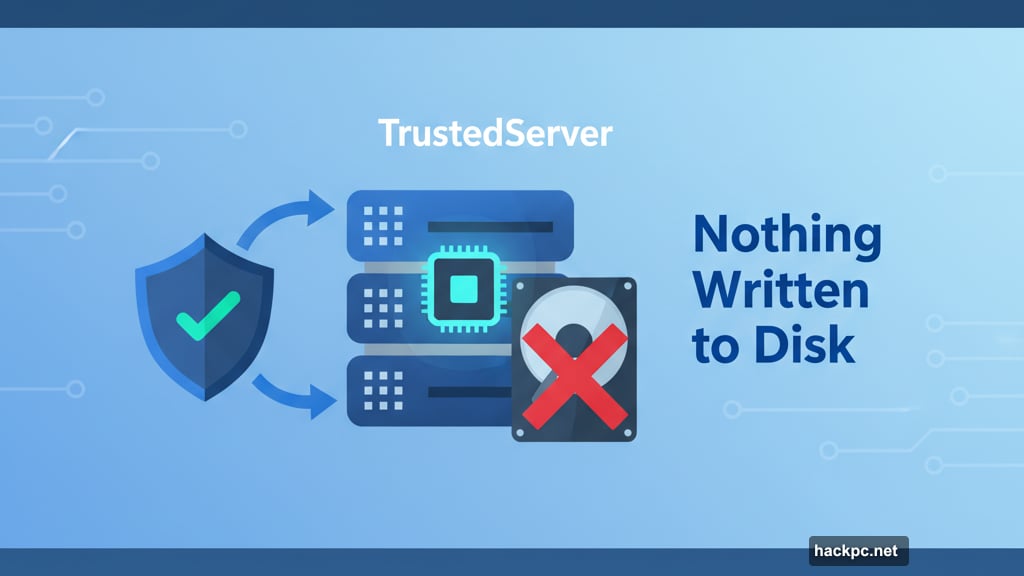
Here’s the best part. Flat pricing. 5 euros monthly. About $6. No discounts. No price hikes. Ever. Pay for exactly the months you need. Want a year? Buy 12 months. Simple.
Amazon sells yearly subscriptions for $57. That’s even cheaper. For serious privacy needs, Mullvad delivers unmatched value.
What Actually Matters in a VPN
Speed loss under 25% keeps most activities feeling normal. Anything below 50% works for casual browsing. Nord’s 3% loss barely registers. Mullvad’s 24% still performs well.
Server count matters less than location diversity. Proton’s 12,000 servers beat Express’s 3,000. But ExpressVPN covers all 50 US states. That geographic spread enables regional sports unblocking and local content access.
Privacy features should include basic protections. Kill switches. DNS leak protection. No-logging policies. Then look for extras. Split tunneling. Multi-hop. Obfuscation. Post-quantum encryption.
Device support needs match your hardware. Every top VPN handles Windows, Mac, iOS and Android. Linux GUI apps are rarer. Surfshark, Express, Nord and Proton all offer them. Apple TV apps increasingly common too.
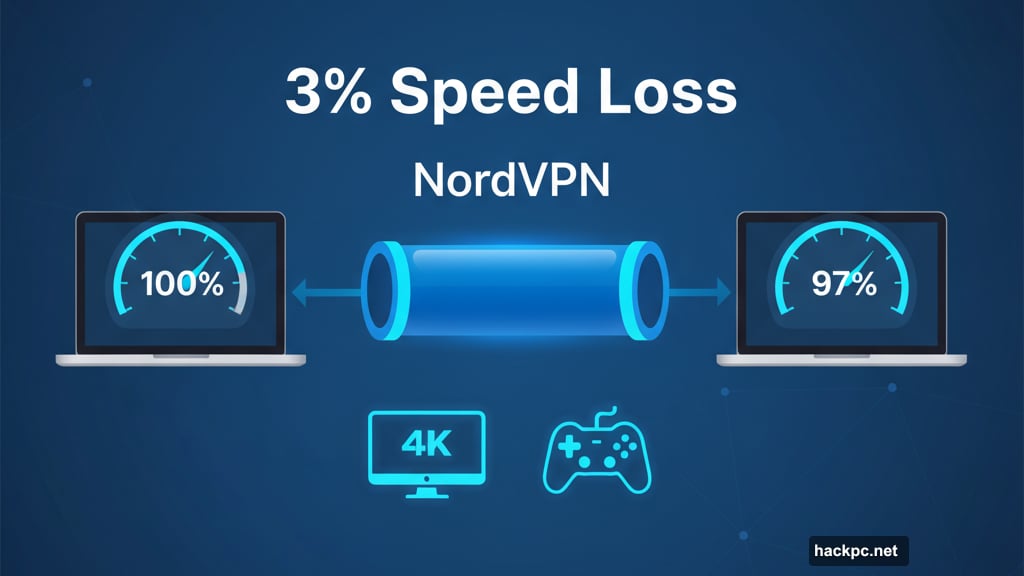
Simultaneous connections range from five (Mullvad) to unlimited (Surfshark). Most households need 8-10 slots. Unless you’re protecting an entire family’s devices. Then unlimited helps.
Picking Your VPN
No single VPN wins every category. Your priorities determine the right choice.
Need maximum speed? NordVPN dominates. Just avoid renewal price hikes by stacking subscriptions.
Want premium features at reasonable cost? Surfshark delivers. Unlimited connections sweeten the deal for large households.
Value versatility? Proton VPN handles everything competently. Plus its free tier actually works.
Require extreme privacy? Mullvad’s anonymous approach and flat pricing make sense.
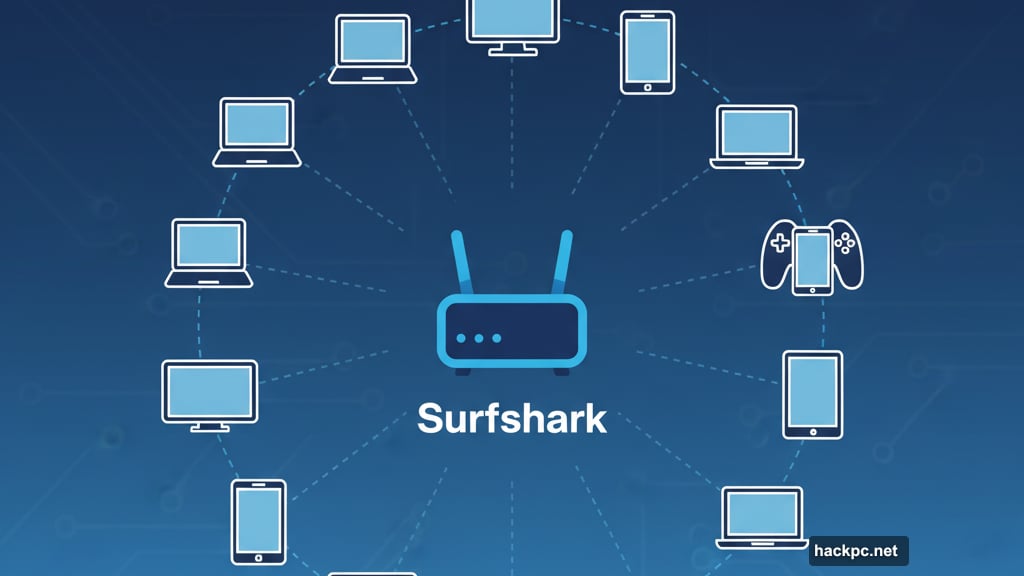
ExpressVPN still works great. But competitors offer similar experiences for less money. Unless you specifically need its US state coverage, alternatives provide better value.
Choose based on what matters most. Then take advantage of money-back guarantees to test before committing. Most VPNs offer 30-day refund periods. Mullvad gives you 14 days.
Don’t get locked into multi-year commitments immediately. Stick with annual plans. VPN quality changes. Companies get acquired. Features improve or deteriorate. Keeping flexibility helps.
Your VPN protects your privacy. Make sure it earns that trust. And your money.

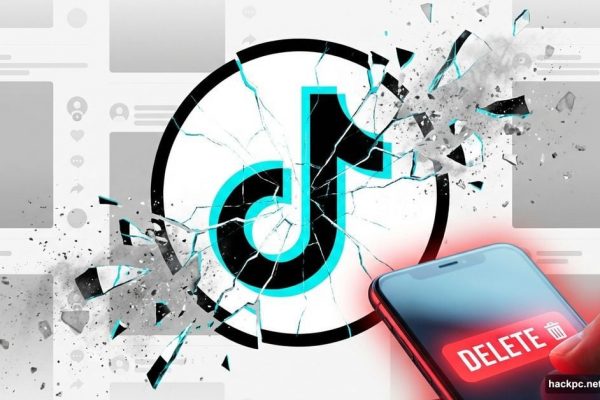
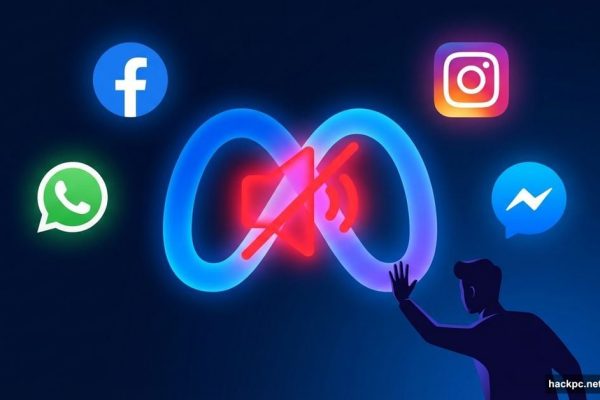
Comments (0)